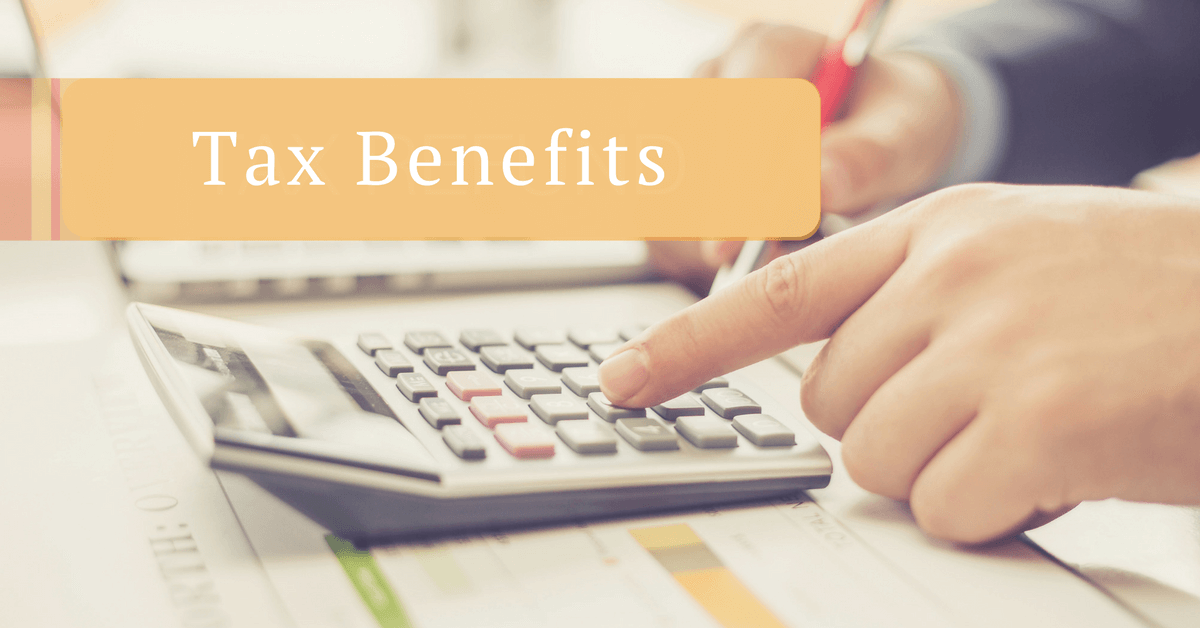Update on February 1, 2019: The exemption for TDS on house rent increased from Rs 1.8 lakhs to Rs 2.40 lakhs. There will also be an exemption on the notional rent of second homes which are self-occupied as well, as per the Interim Budget 2019.
Tax benefits for rent paid by a person carrying on business or profession
Under the tax lax laws, you can claim rent as expenditure, in case the premises for which the rent is being paid, is used for the purpose of your business. The premises may be commercial (like your office), a warehouse or even a factory. Even if you take a residential premises on rent, to accommodate your employees, you can still claim the rent paid for such premises as business expenditure. Moreover, if you incur any further expenditure like municipal taxes or carry out repairs or renovation of such premises, you can claim that expenditure also against your business income.
In case your accounts are required to be audited due to its turnover – being in excess of Rs 1 crore in case of business or Rs 50 lakhs in case you are carrying on a profession – you are also required to deduct tax at source at the rate of 10% of such rent, if the rent exceeds Rs 1.80 lakhs in a year. Even if you pay rentals to hotels, you have to deduct TDS on such payments if the value exceeds the specified limit during the year.
Tax benefits for salaried employees who receive House Rent Allowance (HRA)
The tax laws also allow you to claim the rent paid as exempt allowance, in case you are in receipt of any HRA (House Rent Allowance), subject to the fulfilment of certain conditions and up to certain limits.
See also: Income tax benefits on house rent
For claiming HRA exemption, you need to be actually paying rent for the residential accommodation occupied by you. So, in case you are not paying any rent, you cannot claim tax exemption for HRA. If you are paying rent for the accommodation occupied by your parents, while staying in your own house, you still cannot claim the tax benefit of HRA. Moreover, the accommodation which you are occupying and paying rent for, should not be owned by you. This provision exists, to cover cases where an employee lets out his property to the employer who, in turn, lets it back to the employee.
Let us understand why this is done. The employer gets full deduction, with respect to rent paid to the employee. The employee too gets the HRA as tax-exempt, while claiming 30% flat deduction on such rent received by him for his own property, thereby, effectively reducing the tax liability.
The HRA received by you is not fully tax exempt. You can claim the HRA exemption on the lowest of the following three items:
- The value of HRA actually received by you.
- The amount of rent paid by you, which exceeds 10% of salary.
- 50% of the basic salary, in case you are residing in any of the four metro cities (40%, in case you are residing in non-metro cities).
So, if the rent being paid by you is less than 10% of your basic salary, you will not be able to claim any HRA exemption and the HRA amount would become taxable in your hand. Likewise, even if you are paying rent for a residential accommodation, you will not be eligible to claim any exemption if the employer does not give you any HRA under Section 10 (13A) of the Income Tax Act.
The HRA exemption should be computed with respect to the month/s for which the rent is actually paid and accordingly, the other components like salary and HRA to be considered, will also be for those number of months for which the rent is paid by you. If the rent is paid for part of a month, the other values will also be proportionately reduced, to arrive at the exemption amount.
Tax benefits for people who are not in receipt of any HRA or are self-employed
Section 80 GG provides for tax relief to the salaried people who are not in receipt of any HRA from their employer, or even to the self-employed people who pay rent for residential accommodation occupied by them. The tax benefit is in the form of deduction from taxable income. The deduction available in such cases is Rs 5,000 per month, subject to a maximum of 25% of the total taxable income. So, effectively, the maximum deduction which is available to you is Rs 60,000 annually.
The budget for 2017-18 has proposed to cast an additional duty on the payer of rent, to deduct tax at source, in case the monthly rent being paid exceeds Rs 50,000. This is applicable even in cases where the place is taken on rent for part of the month, like marriage halls, etc.
(The author is a tax and investment expert, with 35 years’ experience)
Balwant Jain is a tax and investment expert. He is a rank holder CA, CS of 1983 batch and a Certified Financial Planner (CFP). He has varied experience in providing his own consultancy, as well as working as the chief financial officer, as well as a company secretary. He has been regularly contributing articles to leading business and mainline dailies, as well as electronic media. He regularly appears on business channels like Zee Business and CNBC Awaaz, as a personal finance and taxation expert. He has also been a visiting faculty of NMIMS (Narsee Monjee Institute of Management Studies), Mumbai. He also regularly conducts workshops on various subjects of investments and taxation.
Twitter: https://twitter.com/Jainbalwant
Email: [email protected]











